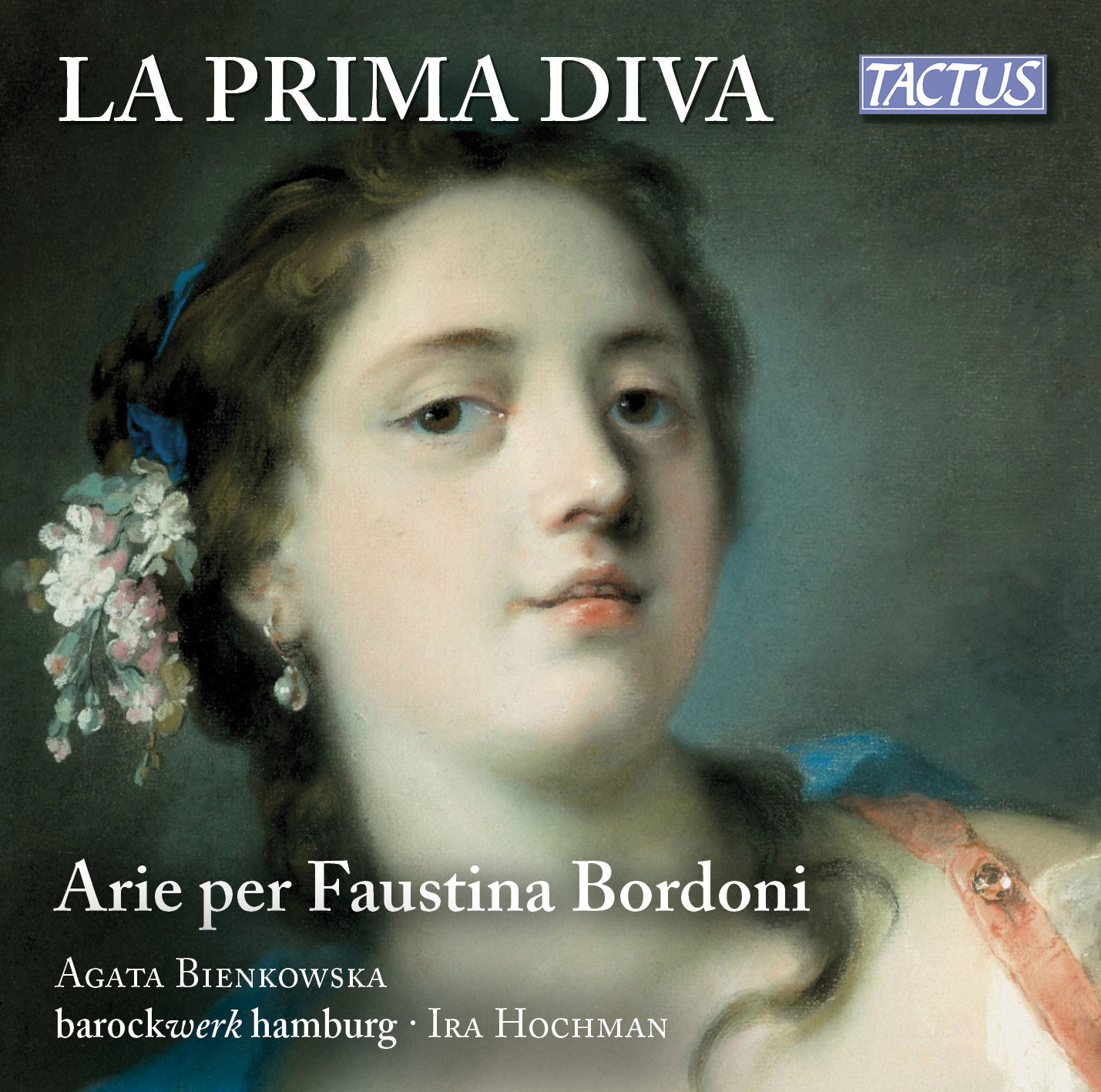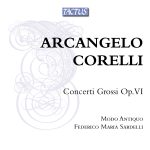Pietro Torri (1650-1737), Antonio Caldara (1670-1736), Domenico Sarro (1679-1744), Giovanni Bononcini (1670-1747), Georg Friedrich Haendel (1685-1759), Johann Adolf Hasse (1699-1783)
Faustina Bordoni, from Venice, was one of the most acclaimed celebrities in the forerunner of a star system that appeared in the world of Italian opera and thrilled the whole of Europe during the eighteenth century. She was one of the great voices of bel canto, had a marvellous dramatic talent, and passed through the first half of the century as a protagonist, leaving a memorable echo of her passage. Her career was protracted from 1716 to 1751, so she intercepted most of the composers of two or three generations, in the major opera centres of Europe: Venice, Naples, Vienna, London and Dresden. The forceful, fascinating personality of this singer (who was born in Venice on 30 March 1697 and died there, in her eighties, on 4 November 1781) filled the musical chronicles with astonishment for decades, and inspired the striking of medals and the writing of laudatory sonnets, obscene verse and satirical pamphlets. As late as the nineteenth century she was the inspiration of a novel by Elise Polko (Faustina Hasse. Musikalischer Roman, Leipzig, 1860), and to this day she still communicates with us, rather than in historical reconstructions, through at least two media. On the one hand, we can see her in etchings, caricatures, medals and no less than three portraits by Rosalba Carriera, at the museum of Ca’ Rezzonico and at the Gemäldegalerie Alte Meister of Dresden. The earliest of the Dresden portraits, made in 1724/25, shows Faustina with her dress mischievously uncovering one of her breasts and a musical score in her hand, about to lavish the enchantment of her voice. The other, undoubtedly more moving, memory of the immortality of her art is the music composed for her by the opera composers with whom she worked. Reviving these pieces, which are no longer performed in our time, means re-examining the vocal profile of a protagonist – therefore also, to a certain extent a co-author – of eighteenth-century musical drama.
Tracklist
Sinfonia dall’opera Didone Abbandonata 4:34
Pietro Torri (1650-1737)
Aria Se amori ascolterò dall’opera Griselda 4:02
Antonio Caldara (1670-1736)
Aria Egra e languente dall’opera Venceslao 6:58
Domenico Sarro (1679-1744)
Sinfonia dall’opera Astianatte 5:08
Aria Per abbattere il mio core dall’opera Partenope 5:17
Aria Begl’occhi del mio ben, dormite in pace dall’opera Partenope 4:36
Giovanni Bononcini (1670-1747)
Sinfonia dall’opera Griselda 2:54
Georg Friedrich Haendel (1685-1759)
Aria Alla sua gabbia d’oro dall’opera Alessandro 8:04
Johann Adolf Hasse (1699-1783)
Aria Sì, quei ferri dall’opera Viriate 4:43
Aria Non sdegnarti: a te mi fi do dall’opera Ciro riconosciuto 5:50
- Composer: Pietro Torri (1650-1737), Antonio Caldara (1670-1736), Domenico Sarro (1679-1744), Giovanni Bononcini (1670-1747), Georg Friedrich Haendel (1685-1759), Johann Adolf Hasse (1699-1783)
- Performers: Agata Bienkowska, mezzosoprano · barockwerk hamburg · Ira Hochman, harpsichord and conductor
- Musicological Text: Raffaele Mellace
- Historical Period: Late Baroque
- Code: TC 670003
- Edition: May 2014
- Barcode: 8007194105803
- Set: 1
- Total tracks: 10
- Total duration: 00:52:00
- Notes: World Premiere Recording · Texts available at: www.tactus.it/testi/
code: 670003 - Texts: La Prima Diva – Arias for Faustina Bordoni






